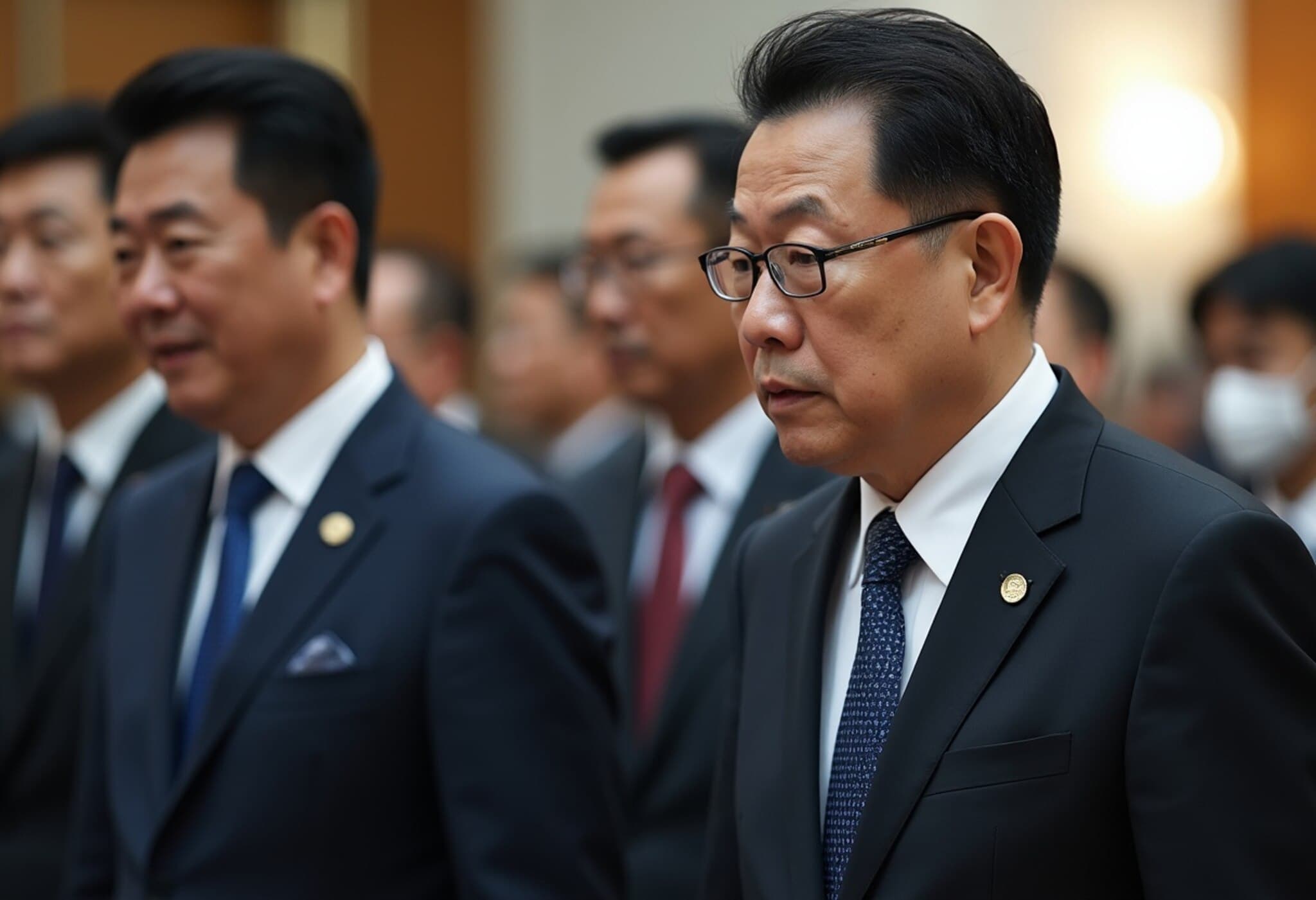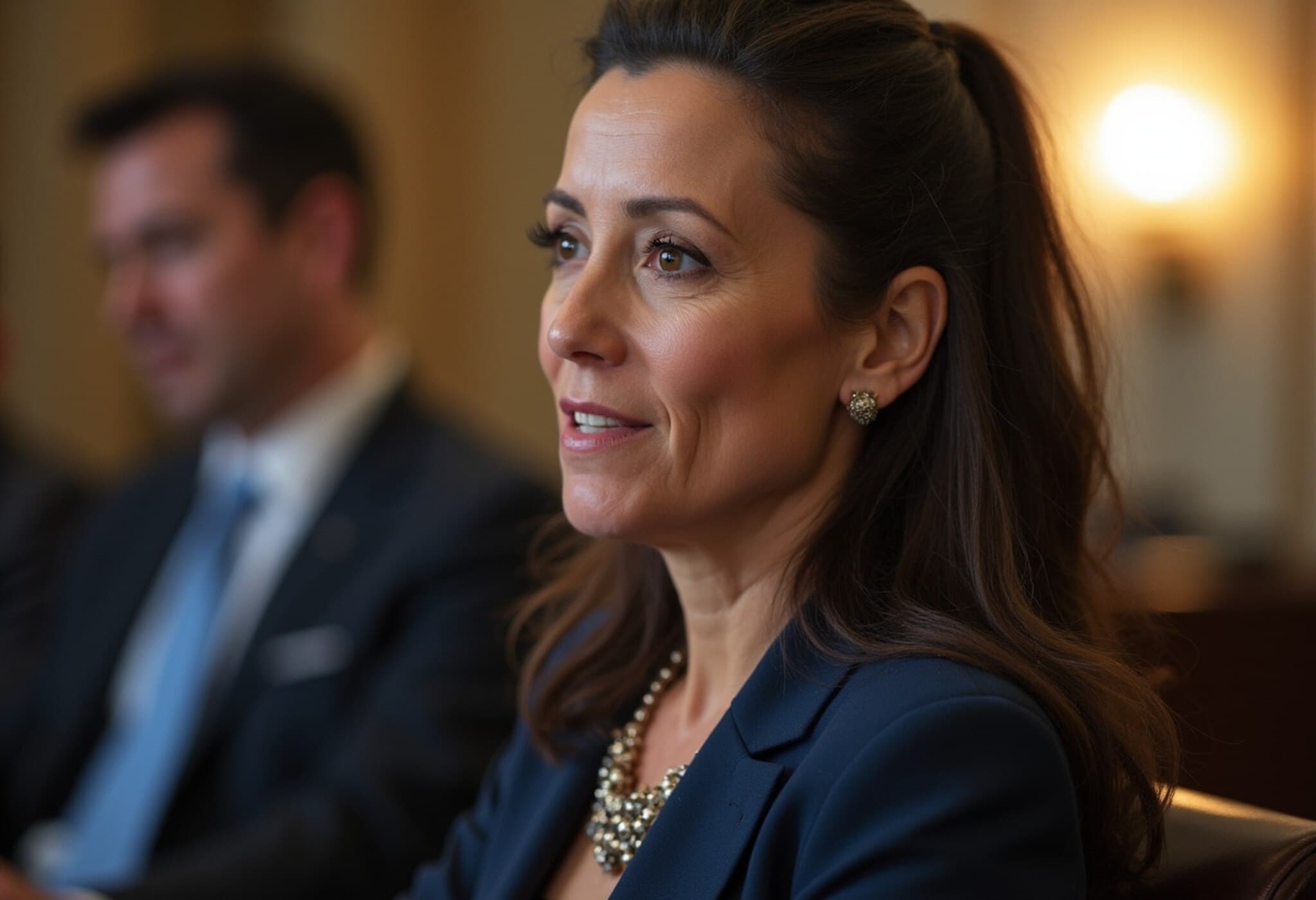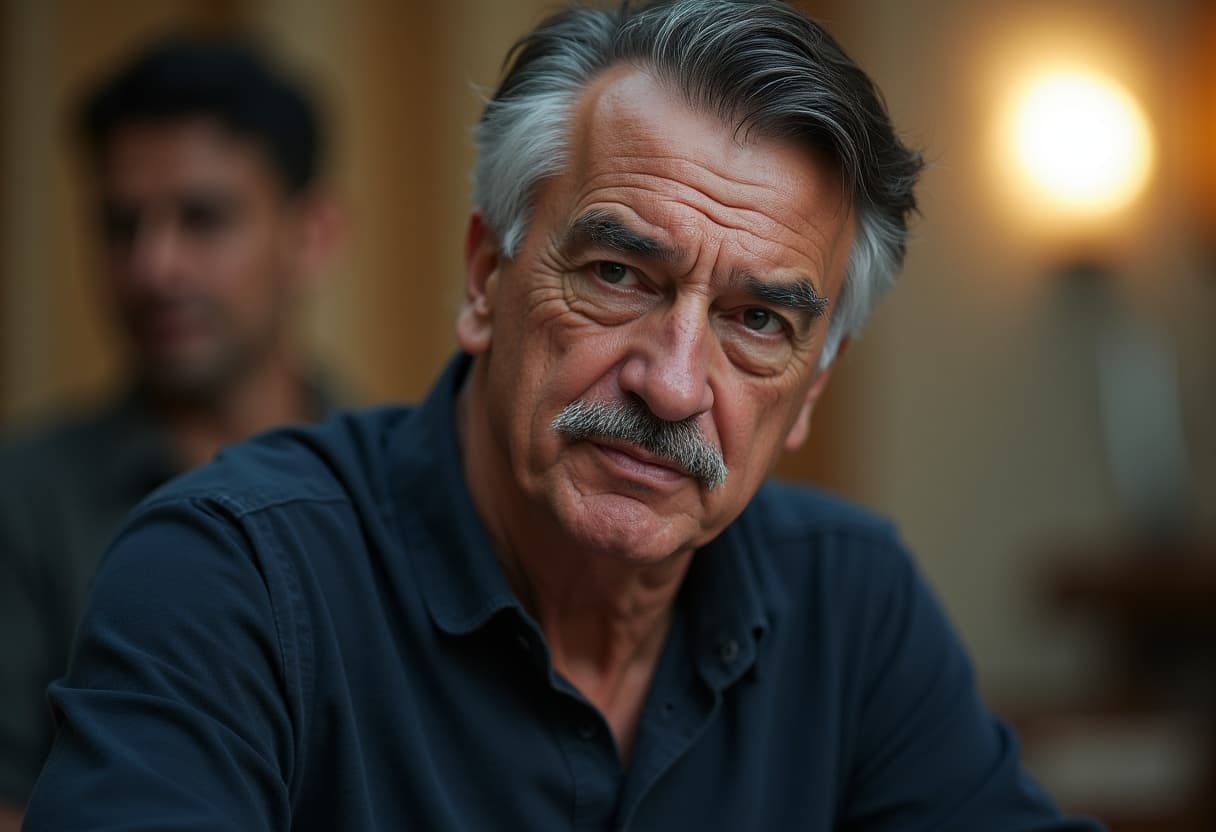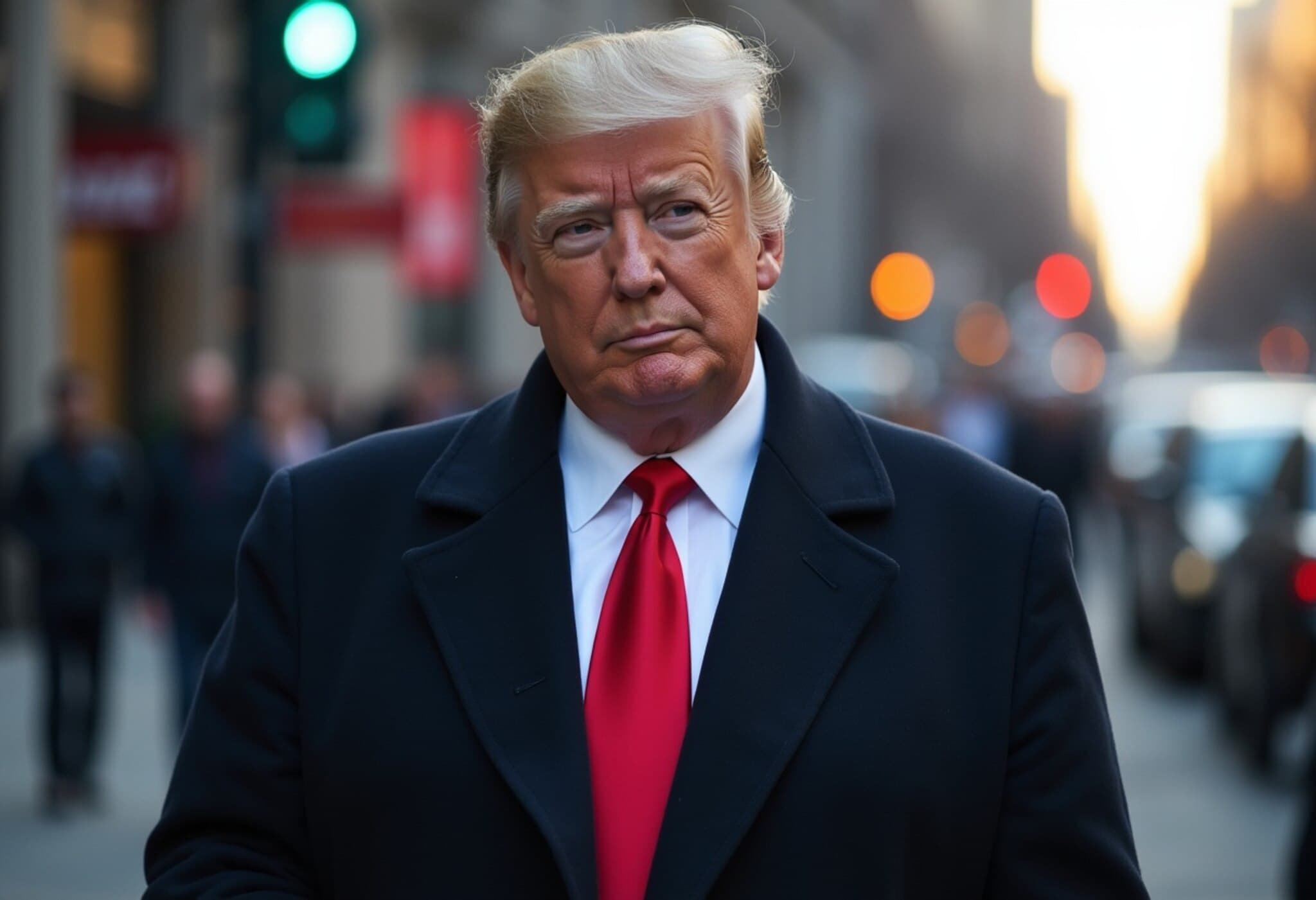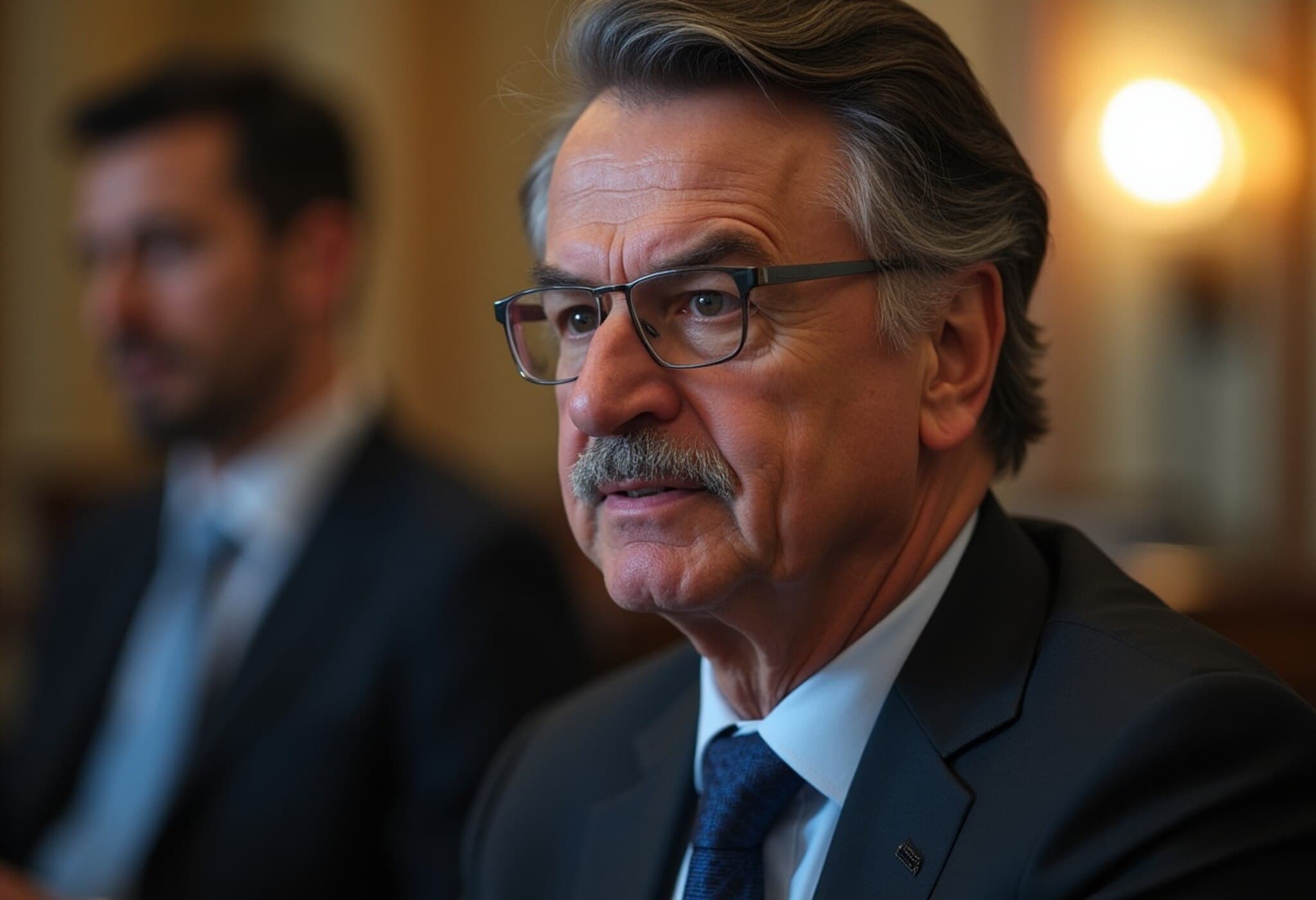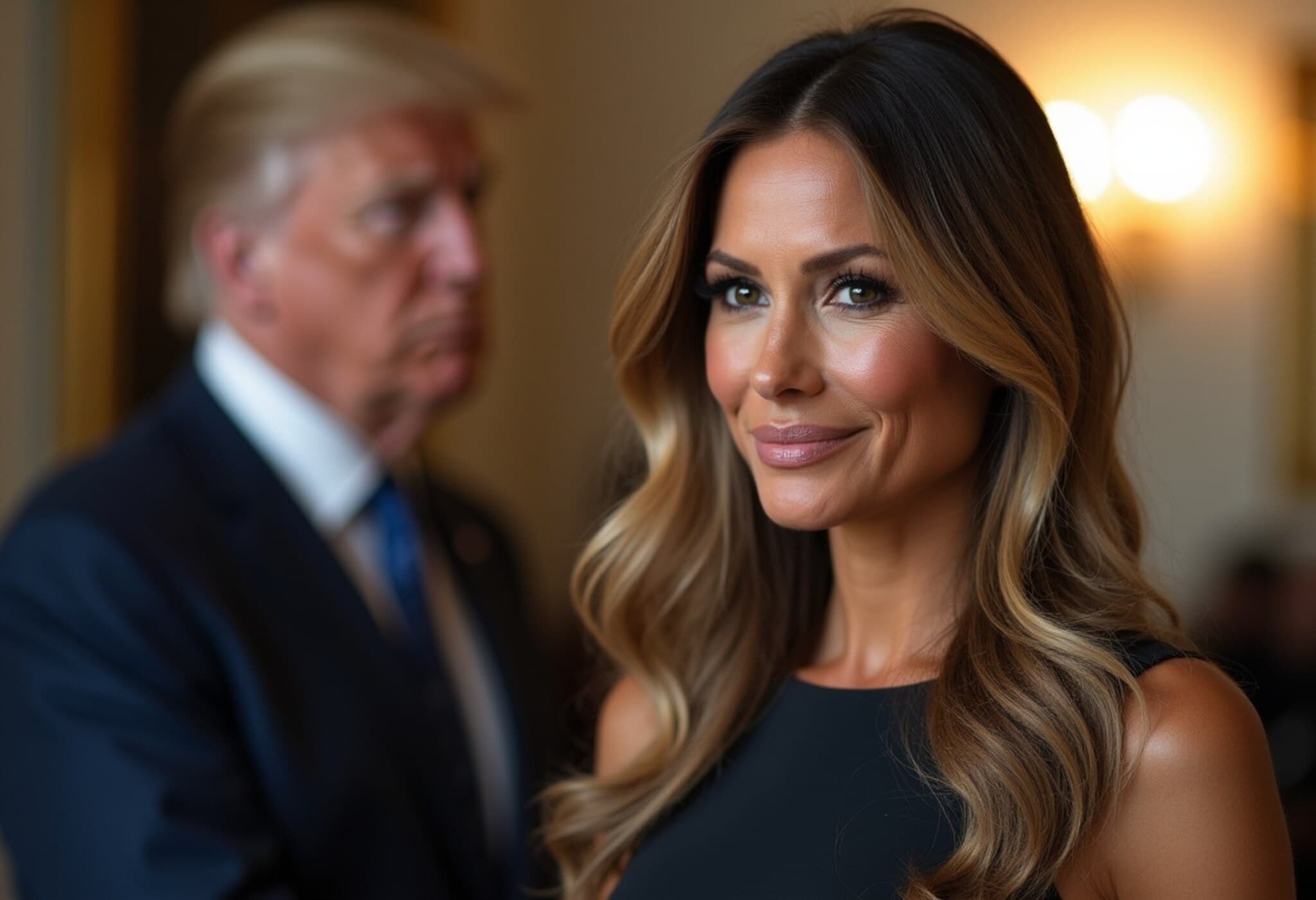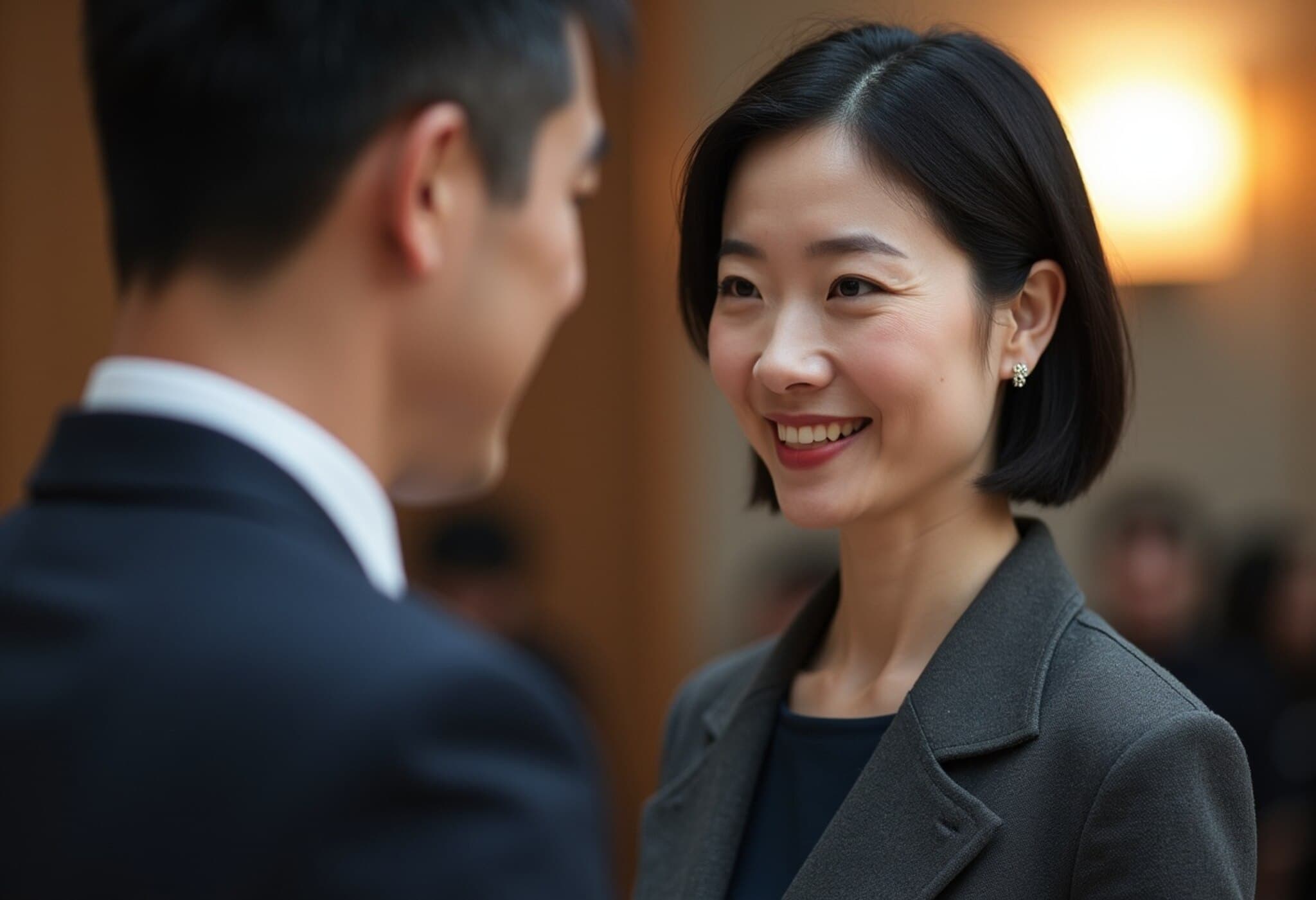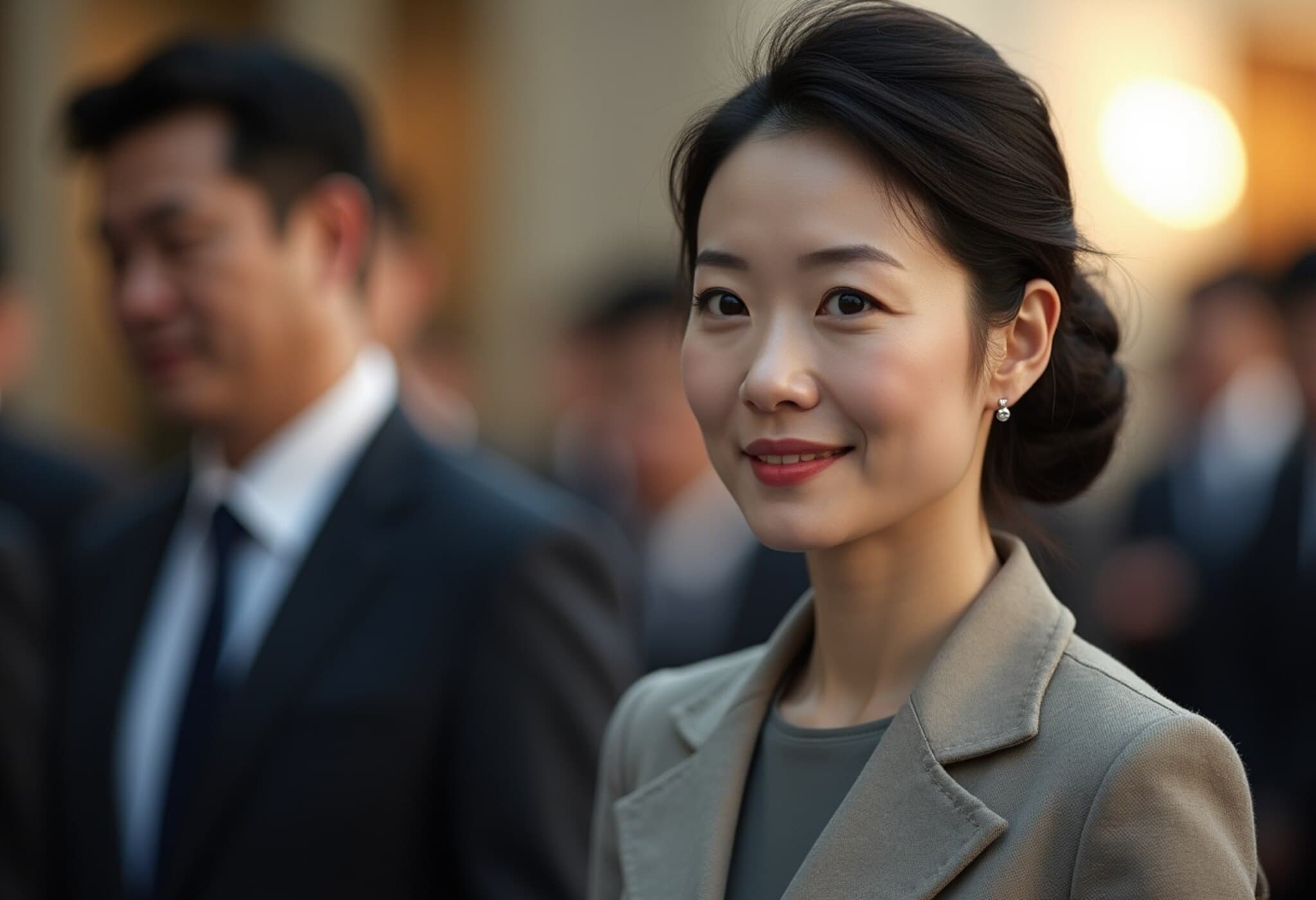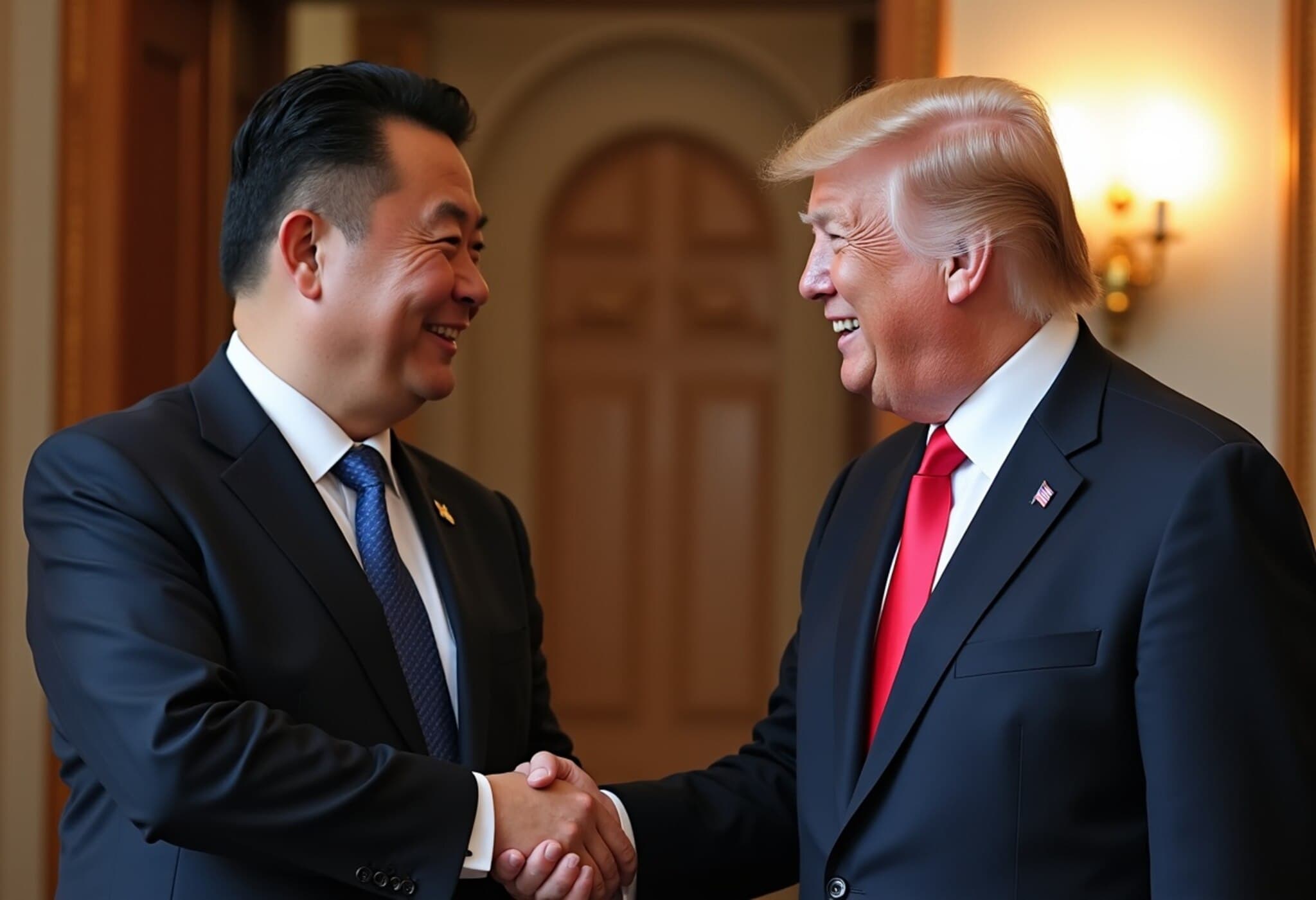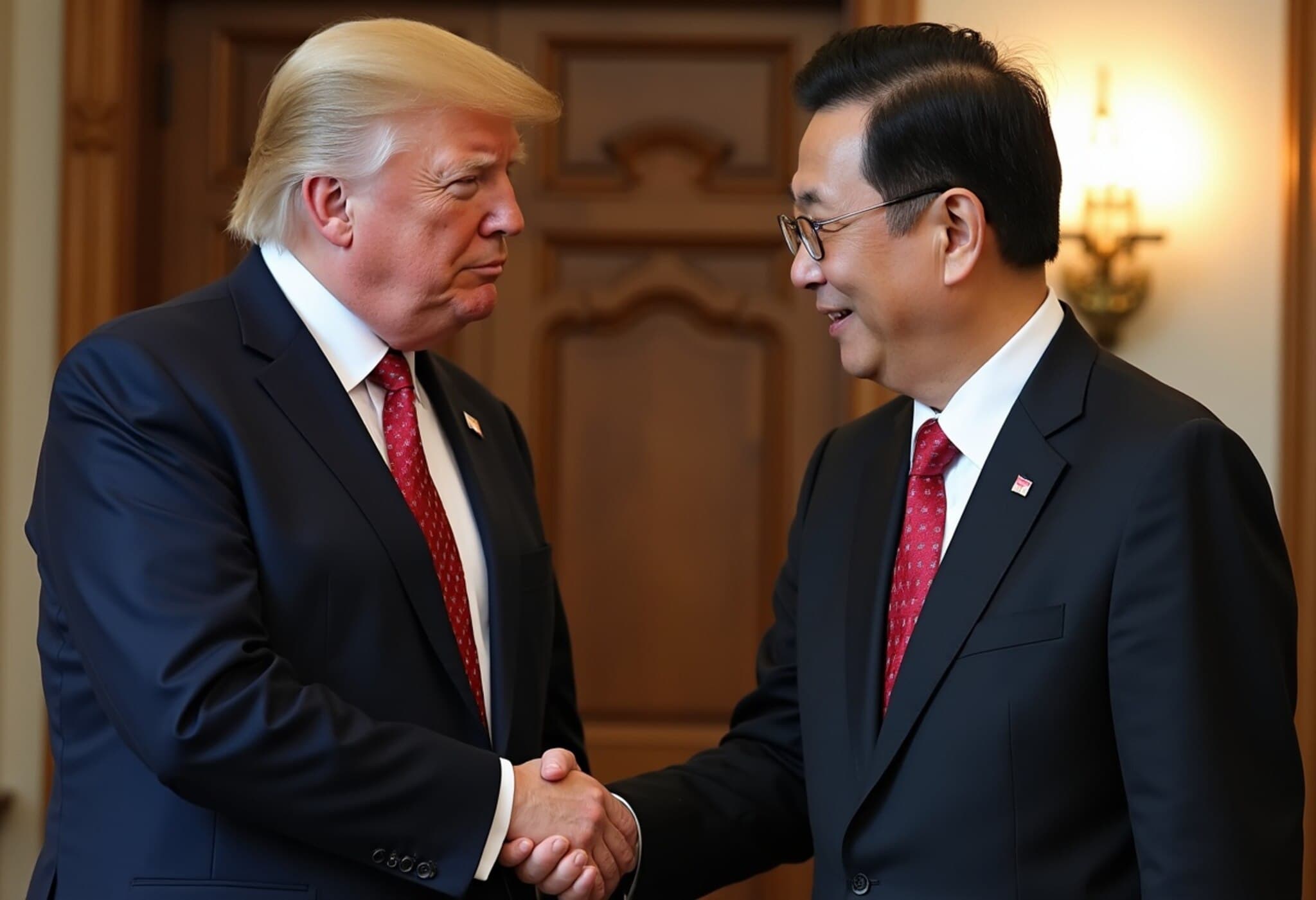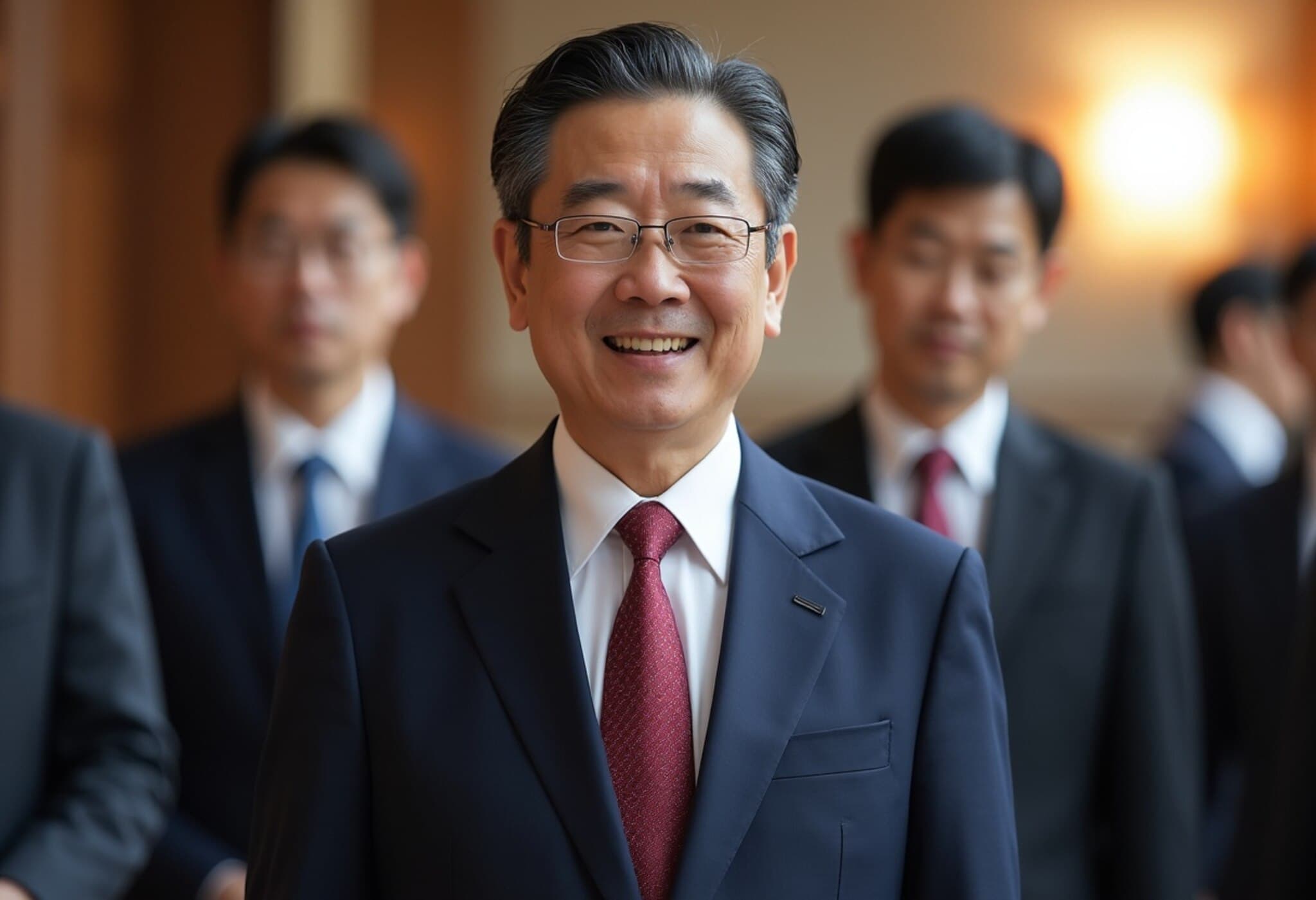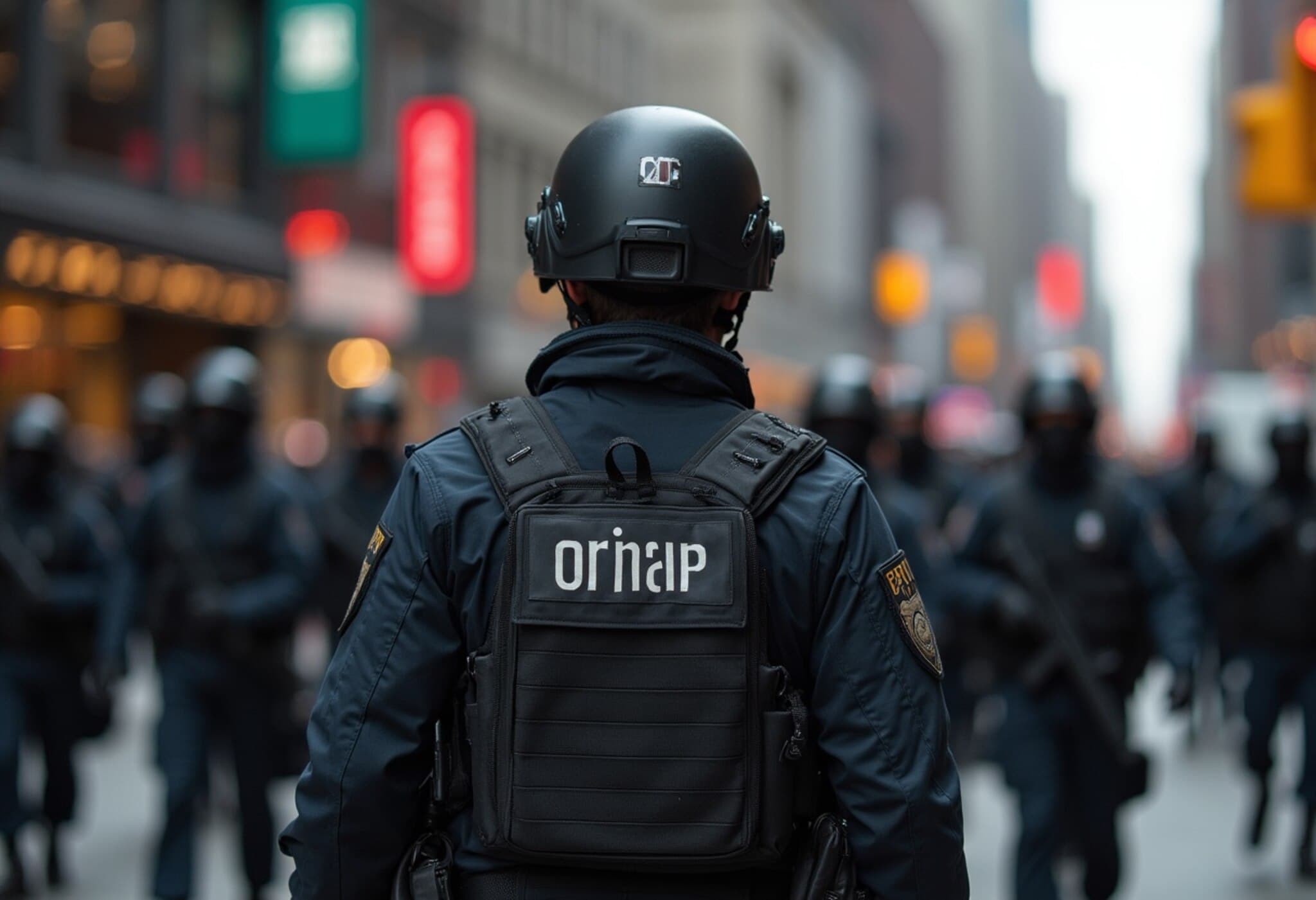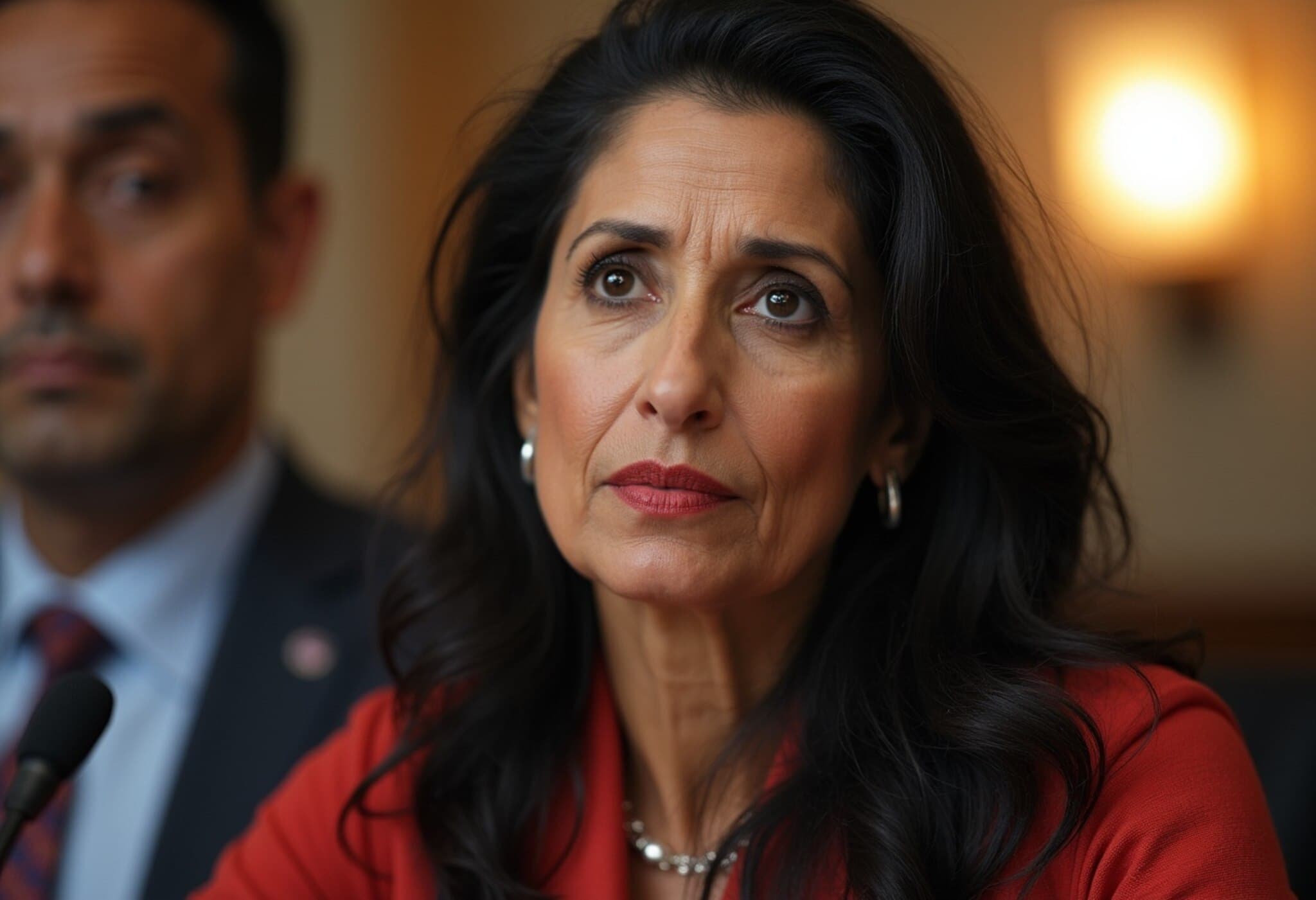South Korean Prosecutors Request Arrest Warrant for Former Prime Minister Han Duck-soo
In an unprecedented legal development, South Korean prosecutors have formally requested an arrest warrant for former Prime Minister Han Duck-soo, accusing him of aiding then-President Yoon Suk Yeol in the controversial declaration of martial law last December and subsequently providing false testimony in court. This high-profile case escalates tensions within South Korea's political landscape, highlighting the deep divisions and legal scrutiny surrounding last year’s tumultuous events.
Legal Charges and Historical Significance
The arrest warrant, if approved by the court this week, would mark a historic first: the simultaneous imprisonment of both a former president and prime minister in South Korea’s modern history. Prosecutors allege a range of serious offenses against Han, including aiding the ringleader of insurrection, perjury, fabrication of official documents, and damage to public records. These indictments stem from his involvement in the December 3, 2024, martial law declaration—an unprecedented move not seen in South Korea for over four decades.
Prosecutor Park Ji-young emphasized Han's pivotal role, stating, “As prime minister, Han was entrusted with upholding the constitution and ensuring the president’s lawful duties to protect the nation. His actions during the martial law declaration breached these responsibilities.”
Background: The Martial Law Declaration That Shook South Korea
The martial law announcement ordered the deployment of armed troops to the National Assembly amid rising political unrest, an action that was quickly condemned and rejected by opposition lawmakers. This move triggered sharp national backlash, leading to President Yoon Suk Yeol’s impeachment and eventual removal from office by the Constitutional Court in April 2025, which ruled that the martial law declaration violated the constitution.
Adding to the political upheaval, former First Lady Kim Keon Hee is currently incarcerated on charges related to stock manipulation, illustrating the judiciary’s broad crackdown on figures tied to the prior administration.
Han Duck-soo’s Political Trajectory Post-Martial Law
- Following Yoon’s impeachment, Han briefly assumed the role of acting president.
- He was once considered a leading conservative contender for the subsequent snap presidential election.
- However, Han resigned in May 2025 to pursue a presidential bid, an effort that faltered when Yoon’s party declined to endorse him.
Expert Commentary: Implications for South Korea’s Democracy and Governance
The ongoing legal proceedings against Han Duck-soo underscore the fragility and resilience of South Korea’s democratic institutions. Legal analyst Dr. Min-jun Lee notes, “This case illustrates both the intense partisan polarization and the country’s commitment to constitutional accountability. The judiciary is sending a clear message that even the highest officials are not above the law.”
However, some political observers warn of risks: “These prosecutions might deepen political fragmentation and erode public trust if perceived as politically motivated,” said Professor Hye-jin Park of Seoul National University’s Department of Political Science.
Looking Forward: What This Means for South Korea’s Political Future
Should the court approve the arrest warrant, Han’s detention would intensify scrutiny on the conservative bloc and complicate efforts to present a unified front ahead of upcoming elections. It raises essential questions about political accountability, rule of law, and the potential for reconciliation in a deeply divided society.
For the international community, developments in Seoul could signal South Korea’s evolving rule of law norms amid rising geopolitical tensions in East Asia, particularly concerning North Korea and regional alliances.
Editor’s Note
This unfolding case involving former Prime Minister Han Duck-soo is not just a legal matter; it reflects the broader struggles of a democracy wrestling with its constitutional boundaries and political accountability. As South Korea nears critical elections, how the judiciary balances impartial justice with political realities will be pivotal. Readers are encouraged to consider how such legal challenges shape public trust in governance and the potential precedents set for future administrations.

